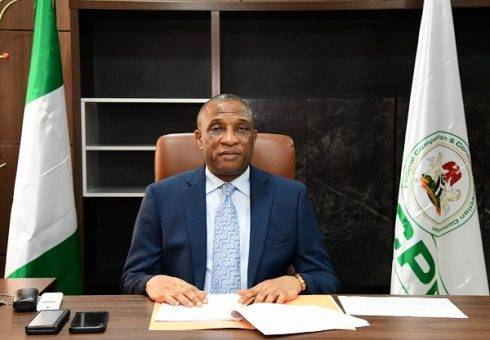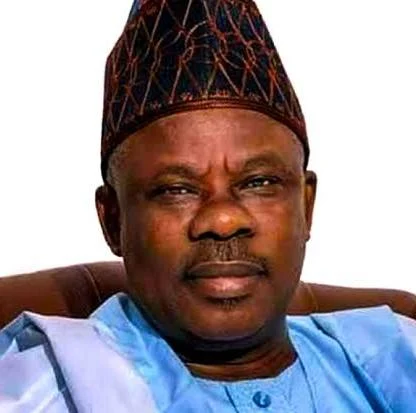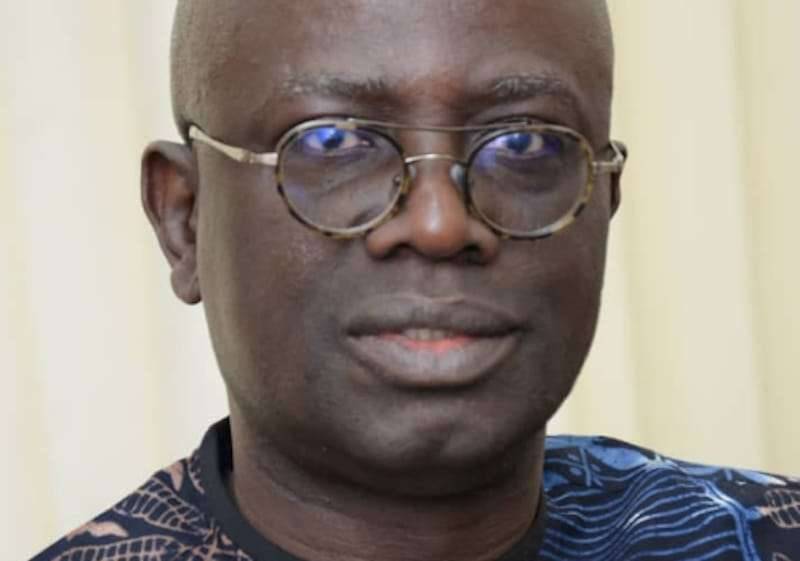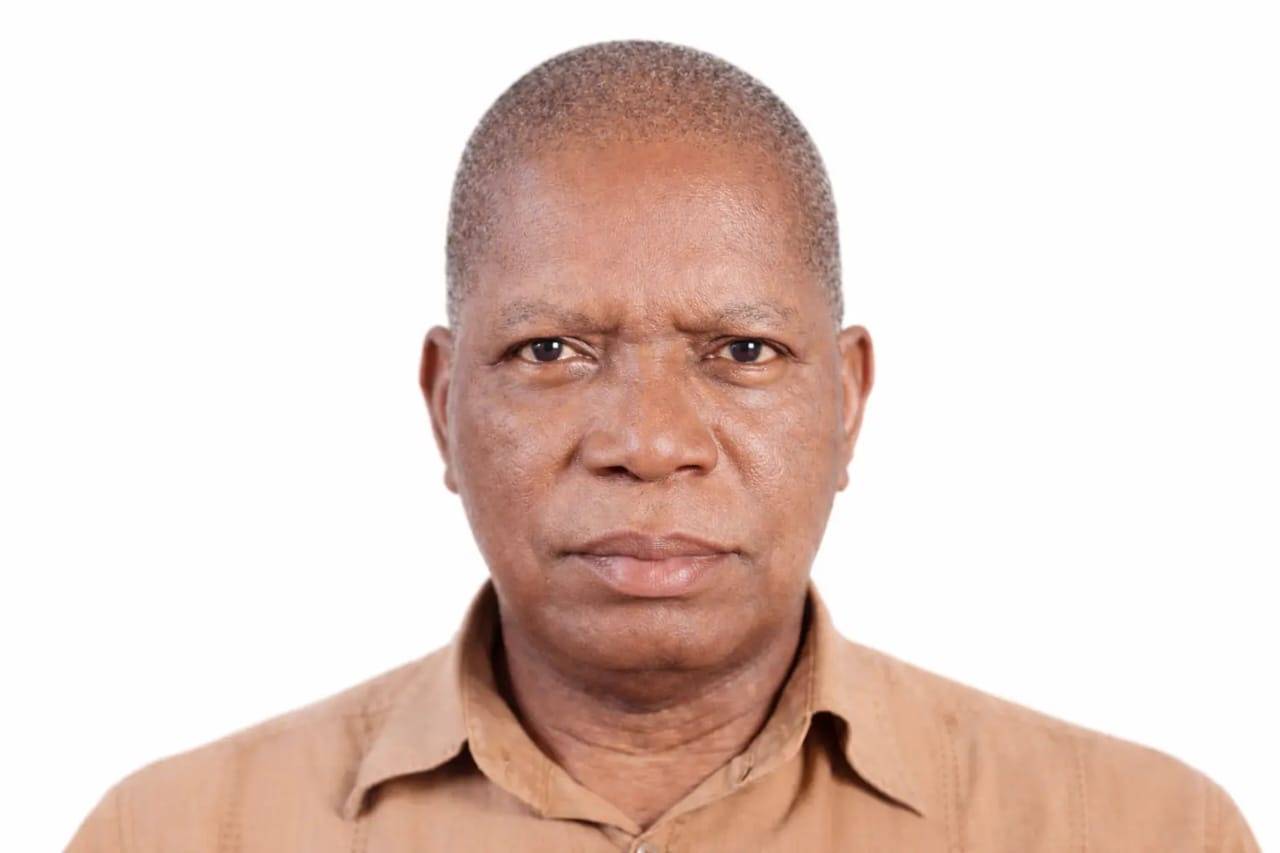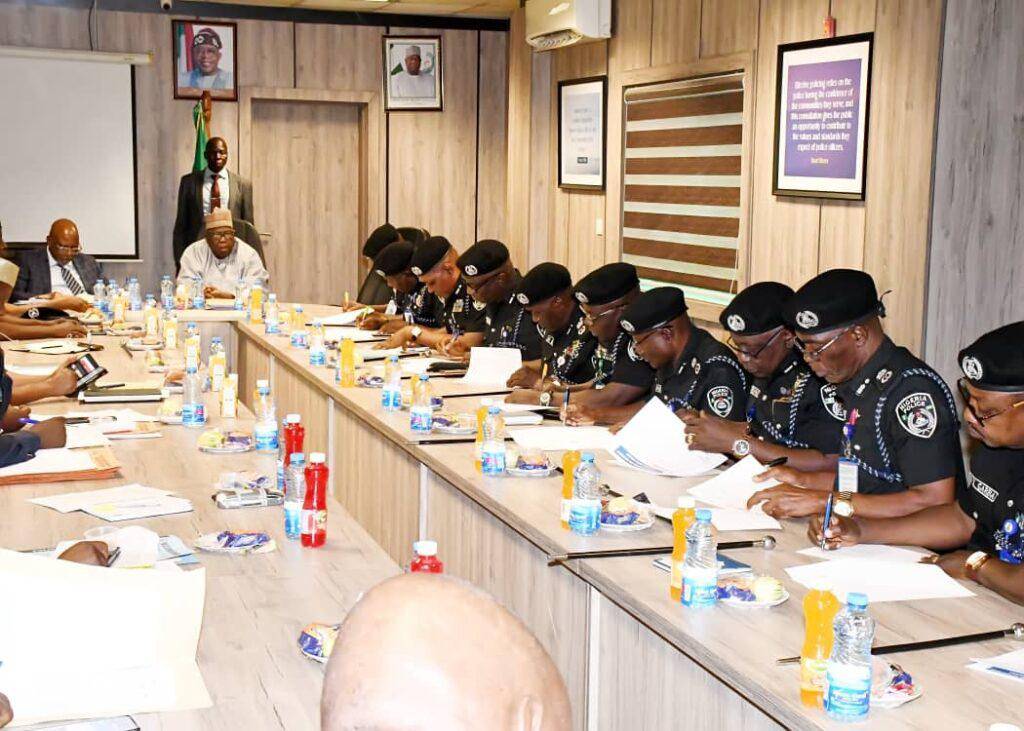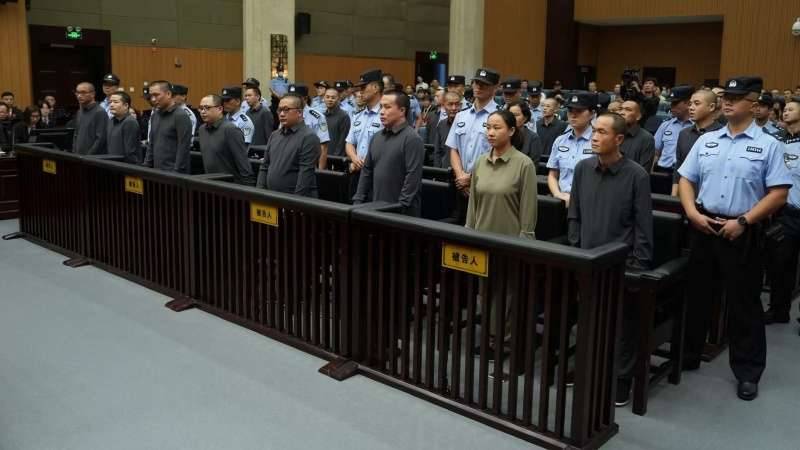By Femi Macaulay
It was a striking story that justifiably grabbed the headlines: the donation of a new auditorium to Lagos State University (LASU), Epe Campus. The giver, Tunji Bello, a former journalist, lawyer and Chief Executive Officer of the Federal Competition and Consumer Protection Commission (FCCPC), may well have pictured the public applause before the event because the gift was indeed applaudable.
Officially named the Olatunji-Bello Auditorium, the multipurpose facility is reported to have a capacity of more than 500 seats. The story indirectly began in 2011 when Bello was serving as Lagos State Commissioner for the Environment in the Governor Babatunde Fashola administration. That was the year he turned 50, and “had committed to instituting an annual prize in five disciplines, namely Law, Mass Communications, Social Sciences, Engineering, and Medicine,” he said in his speech during the official unveiling of the facility.
Ten years later, he wanted to do more to mark his 60th birthday in July 2021. At the time, he was Lagos State Commissioner for Environment and Water Resources in the Governor Babajide Sanwo-Olu administration. He said “the idea of throwing a big party to mark the occasion was completely off the table.” His wife, Prof. Ibiyemi Olatunji-Bello, Vice Chancellor of LASU, had suggested “building something for LASU to mark my 60th birthday.” She had not become the VC then. She was appointed in September 2021.
He eventually bought the idea, “after much reflection,” and imagined “an auditorium, truly befitting and fit for purpose.” However, the architect’s budget for the project “frightened” him and he was “filled with doubt as per the feasibility of going ahead.”
Then he had a brainwave about how to actualise the project. He narrated: “After days of wrestling with the architect’s budget in my head, it suddenly occurred to me I could ask those going to buy me gifts for the 60th birthday to monetise such and hand me the cash to do something really dear to my heart.
“It worked. A very wealthy friend and known businessman had wanted to surprise me with a brand- new Toyota Land-cruiser Jeep. I appealed to him to convert it to cash. With donations from other able friends and well-wishers, we got started in 2021.”
Midway into the construction of the auditorium, unforeseen storms threatened to disrupt work. Bello said: “The toughest moment was late 2023 and early 2024 when the Naira went down, and inflation upset all previous calculations. It meant that the costs were almost tripled at the point of buying finishing materials.”
The new challenges called for greater sacrifice. “To continue, I had to sell my property at Magodo estate to keep the workers on site in order that it may not become an abandoned project after three years of construction,” he revealed. Selling his personal property, especially one in a high-value area like Magodo estate, elevated the donation to an investment in education
This context about how an idea became a concrete reality reinforces the significance of Bello’s philanthropy. The journey from initial concept to a completed building, with all its challenges, highlights that Bello is not just a donor but a true project champion.
The most remarkable detail is that he had to sell his personal property to ensure the project’s completion. This act transforms his philanthropy from an act of generosity to a profound personal sacrifice. It demonstrates a level of commitment that is rare and inspiring, and shows how far he was willing to go to prevent the project from becoming a failure.
By seeing the project through all its phases, he ensured that the university received a fully functional, high-quality facility. This commitment guarantees that his contribution will serve students and the community for years to come, truly cementing his legacy. The completed auditorium will stand as a physical reminder of his dedication and serve as a venue for generations of learning and community events.
In addition, he announced to the students that a communications company owned by one of his friends would provide “free Wi-Fi at the auditorium to enhance your learning experience”; and another’s management company would handle the maintenance of the auditorium and its facilities for a year before LASU authorities “assume full responsibilities.”
Interestingly, he mentioned three figures whom he regards as inspirational philanthropic models: his late father, Alhaji Azeez Olatunji Bello, who, “in the early 1950s,” donated a “vast tract of land” towards the building of Ansar Ud DeenCollege at Isolo in Lagos; his “late boss and mentor, Bashorun MKO Abiola, winner of June 12, Presidential Election, who, on a single day in the late 80s, announced an endowment for universities across Nigeria; and “our dear President, Asiwaju Bola Ahmed Tinubu, who, on assumption of duties as governor in 1999, declared that all his salaries and allowances be donated to charities including orphanages. He had also about four years ago announced an endowment fund of one billion naira to this great university.”
Bello hoped the auditorium will inspire the students “to double your zeal to excel in your academic pursuit.” He declared that the donation was to express appreciation “to God Almighty for his grace and to my dear native Lagos State for the great opportunities given to me.”
He was “one of the beneficiaries of the Lagos State Government’s scholarship award as an undergraduate at the University of Ibadan in the early 1980s,” he noted, adding that he later had the privilege “to serve in public office in various capacities.” He also served as a commissioner in the state under then governor Bola Tinubu, and was Secretary to the Lagos State Government in the Governor Akinwunmi Ambode administration.
He argued that “Private individuals who really have the means should invest in public tertiary education to create more opportunities as prevalent in several developed countries.”
What would Nigeria look like if its citizens, especially those who have financial power, appreciated the burden of blessing and the implications for social giving and social development? Socially purposeless wealth is a tragedy.
It is popular to argue for speaking truth to power. What about speaking truth to the power of money? This should be built on the socially influenced and socially influential logic of giving back to society. It suggests that demanding measurable social responsibility from the financially powerful is not necessarily inspired by a sense of entitlement; but there is a sense in which it is a social entitlement. It does not need to be imposed because it is properly self-imposing.
The beauty of Tunji Bello’s giving is that it was driven more by a deep sense of social responsibility than the possible possession of surplus wealth. This is a compelling story of imagination, conviction, faith, determination and resilience.


